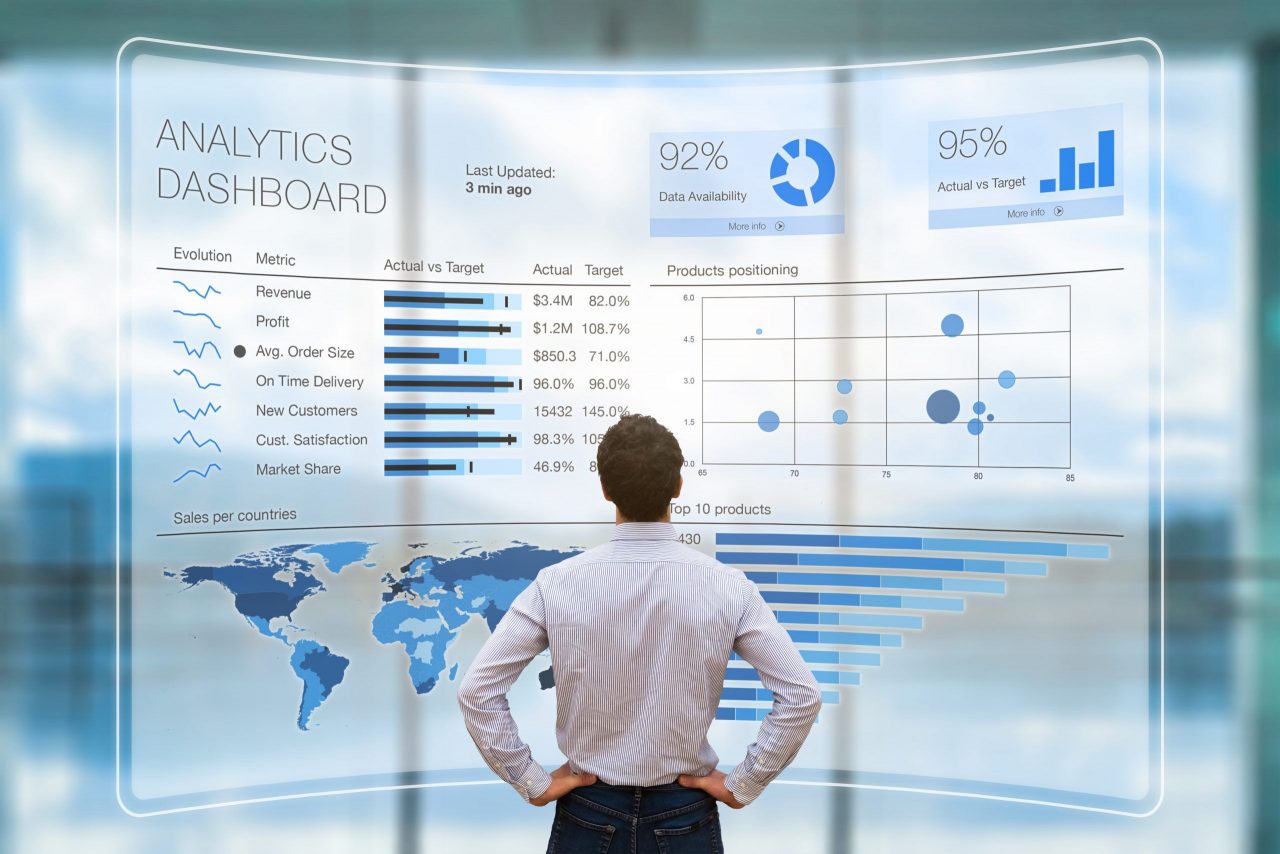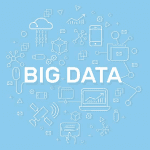Big data and business intelligence
business intelligence differs from big data
What can we expect from a solution like Business Intelligence (BI) and Big Data? BI or Business Intelligence software helps companies make decisions based on data and metrics, but what can we expect? What does Big Data have to do with it? In this post we will review the definition of both concepts and their differences.
Business Intelligence is the ability to visualize data in an easily interpretable way based on indicators represented with graphic resources, with a powerful top-down navigation that makes it easy to get to the source of the detected problem. If we associate it directly to information technologies, we can affirm that BI is the set of applications, technologies and methodologies capable of gathering and transforming data into valuable and structured information to be used and analyzed directly. In this way, information is converted into valuable data for decision making.
The comparison between these concepts is like talking about two worlds yet to be explored, but which constitute the closest reality to companies. Both allow the value of information to be extracted in a totally different but complementary way. BI is a set of business management techniques that allow companies to make decisions based on data, and Big Data, on the other hand, are the tools capable of obtaining, storing and processing data.
machine learning
Big Data and Business Intelligence allow the business to extract value from information, but they do so in different ways that complement each other. Thus, BI seeks to delve into the data sets available to the organization. The way to obtain knowledge through business intelligence processes is as follows:
If big data can draw on the analysis of information contained in a data lake, business intelligence will likely use a data warehouse. The difference between innovation and discovery vs. queries and answers best describes the main point of divergence between Big Data and Business Intelligence.
But Big Data allows you to look into the future and focus on details that, at first glance, might seem less relevant, but end up proving to be a source of great opportunities. Of course, this requires an analysis that, in some cases, is only available to specialized technical personnel, such as data scientists or big data analysts; unlike the requirements imposed by BI, which are much less demanding and democratize knowledge in the organization, by putting it in the hands of all business users.
big data and business intelligence ppt
«Data is the new oil» is a recurring saying in the IT industry and it means that when harnessed or, like oil, «refined» it can provide great value to the business. Today many organizations have added Business Intelligence, Data Analytics and Data Science functions to their repertoire but what are the differences in all these disciplines and techniques around data?
Despite sounding similar and serving many of the same purposes from an external perspective, data analytics and business intelligence deliver separate results depending on business requirements.
While data analytics and business intelligence share a passion for data and insights, the two are distinct methods. They work separately and serve a different purpose but both have a significant influence on modern insight-driven organizations, which means that rather than pitting these terms against each other, organizations should bring them together so that you can leverage the capabilities and skills of each.
relationship between big data and business intelligence
BI aims to analyze consolidated data in an environment called Data Warehouse. And it is structured in a conventional relational database with an additional set of indexes and ways to access tables, views, multidimensional cubes or tabular model.
In a Big Data environment, data is stored in a distributed file system, rather than on a central server. Big Data solutions bring the processing functions to the data rather than the data to the functions. Because the analysis is centered around the data, this allows larger amounts of information to be handled in a more agile manner.
Big Data and BI are perfectly complementary, as while the former offers deep analysis and a global view of the data, Business Intelligence brings a more structured experience to the user. BI elements such as dashboards, reports or performance metrics can be very important when it comes to providing reliable advanced analytics, which also form a visually appealing solution.


